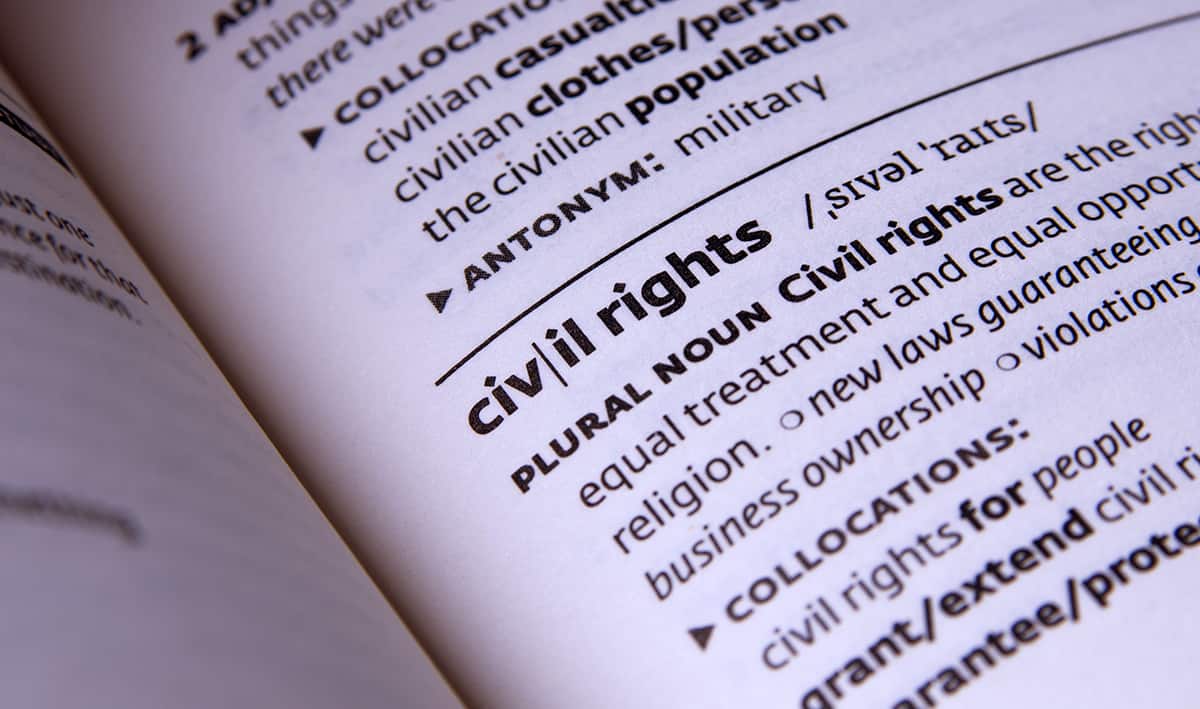State agencies in Mississippi may not retain private attorneys without first seeking representation from the attorney general, according to the Mississippi supreme court in White v. Jernigan Copeland Attys., PLLC, 346 So. 3d 887 (Miss. 2022).
In 2012, Mississippi’s State Auditor entered into a memorandum of understanding with a law firm, retaining them for the purpose of recovering attorneys’ fees that had been paid to a number of lawyers in connection with the tobacco litigation some years earlier. The law firm was to be paid on a contingent fee basis. In addition to the law firm, the auditor determined that he needed a public relations firm. That firm was retained and paid by the law firm. Shortly before a complaint was to be filed, the auditor asked the law firm to delay the filing, and some months later, the auditor announced his decision to drop the case. The public relations firm eventually sued the law firm and obtained a judgment of approximately $400,000 for services it had provided.
The law firm filed suit against the Office of State Auditor (OSA) alleging breach of contract and seeking to recover the amounts paid to the public relations firm as well as other expenses. The law firm submitted a brief from the State Auditor, stating that he had asked them to retain the public relations firm, that he had intended to pay their fees, and OSA has the funds to pay them. The lower court denied OSA’s motion to dismiss and OSA appealed.
OSA argued, among other things, that the retention agreement was null and void as a matter of law. Under Mississippi law, the elements of a contract include “parties with legal capacity to make a contract.” OSA argues that the auditor did not have “the authority or legal capacity to enter into the retention agreement on behalf of the state.” Miss. Code §7-7-211 “mandates that the attorney general shall prosecute a case for the recovery of public funds.” “The Attorney General is given the sole power to bring or defend a lawsuit on behalf of a state agency.” The court held that because the attorney general was required to “act as counsel for any of the state officers in suits brought by . . . them in their official capacity,” the law firm had to provide evidence that the attorney general was given an opportunity to undertake this duty. The law firm did not provide that evidence, so OSA did not have authority to enter into the agreement, which was therefore null and void.
The court also addressed Miss. Code § 7-5-39(3)(b)(i), which provides that if there is a “significant disagreement between the auditor and the attorney general as to the legal strategy to be used in the matter,” the attorney general must authorize retention of outside counsel and the retention must be approved by the Outside Counsel Oversight Commission. Again, there is no evidence that the attorney general disagreed with OSA as to the legal strategy to be used in this matter, so OSA had no authority to enter into any contract, and the agreement is null and void.




